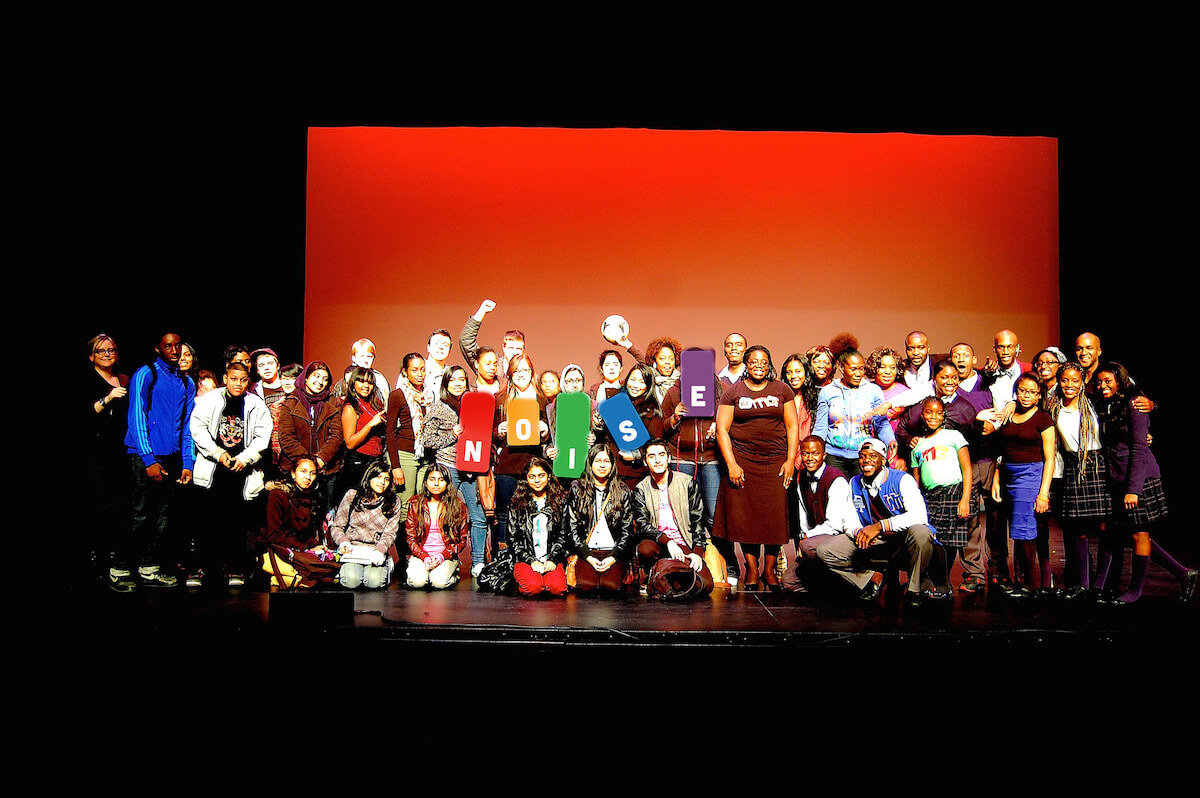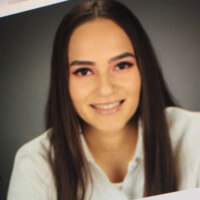“Beyonce is my Mother”: Getting to Know One Another is Key to Mentorship
A core value that shapes YouthREX’s work with Ontario’s youth sector is a commitment to exploring meaningful ways to engage youth so that youth voice and experiences drive our research and evaluation processes. One of the ways that YouthREX engages youth is through our New Opportunities for Innovative Student Engagement (NOISE) Project – a collaborative innovation space that brings together youth and Social Work students to research community issues and take social action together.
Youth work is, first and foremost, built on relationships; they lay the foundation for shared learning and work with young people. With this in mind, we asked Maria Gabriela Umana-Peraza, a Grade 12 student who is a YouthREX Coop student and NOISE alumnae (2012 – 2013) to reflect on her experiences of mentoring both within the NOISE program and beyond.
Think back to your first year of NOISE. You had graduated grade 8 and you were entering your first year of high school. Can you describe your feelings at that time of your life?
Maria: I was transitioning to high school and I was also trying to fit into this program (NOISE). I felt nervous because I felt like someone as young as me would not be able to relate to the “smart university students.” During my first pod meeting, I barely talked. I spoke only when I was asked a question and other than that I would just sit there and observe.
What was it like to work with your fellow pod members who are undergraduate BSW students? Is there anything that you remember about your relationship with your older pod members that stands out in your memory?
Maria: Working with my pod members was really fun. When I first started the program, I thought I wouldn’t be able to relate to my pod members especially the old ones that were BSW’s. However, along the way I found out that we had so much in common. We found out our strengths and weaknesses and that helped us work and put our project together. For example, if one pod member was not great at drawing, but another one was, we knew exactly who to go to for that part of the project.
I remember when we had ice breakers they really did help us to get to know each other better. I remember specifically someone wrote “Beyonce is my mother” (this was obviously a joke) but it was the way she expressed how much she liked her. We had to guess who wrote this, no one figured it was her, but after that, whenever we talked about Beyonce we knew who in the room liked her a lot. That stayed with us and that’s how you start to get to know people.
What did you learn from your older pod members and what do you think you taught your older pod members?
Maria: I learned from my older pod members that age does not matter. If you have ideas that you think are great, don’t let other people intimidate you, stand for what you believe. Don’t be scared to look “dumb” or else your ideas will never be put out there in the open. I showed my pod members how passionate and engaged young teenagers can be about important topics, outside a school environment.
What do you learn from younger youth how did you help a younger youth? Can you think of a younger youth that you connected with?
Youth want people to look up to and be comfortable with. Youth want people to trust and know they can count on you when they are down because of a situation that they may be experiencing at such a young age. Adults think that children have no stress yet they don’t know half of what goes on in our lives. If you get to know the youth you work with, you will have a better understanding of their behaviour.
I help youth anytime and anywhere. When youth ask me for advice I try to give them my honest opinion about how I felt. I also try to motivate them and show them that nothing is impossible and remind them that we grow daily as individuals.
I have a younger sibling. I feel like I motivate them and show them that nothing is impossible. When you are older than someone by a lot they respect you more and look up to you. I connect to her the most because of the impact that I know I am making.
Thinking back on all these relationships that you have developed, what do you think helps to build a good mentoring relationship so that both people are having a positive experience? Do you have any advice for your younger Grade 8 self?
Maria: To build a good mentoring relationship, just work on getting to know one another. That will lay the groundwork for a positive relationship. I would tell my younger Grade 8 self, don’t overthink your experience. Put yourself out there, make connections, and enjoy opportunities to meet and work with new people.


